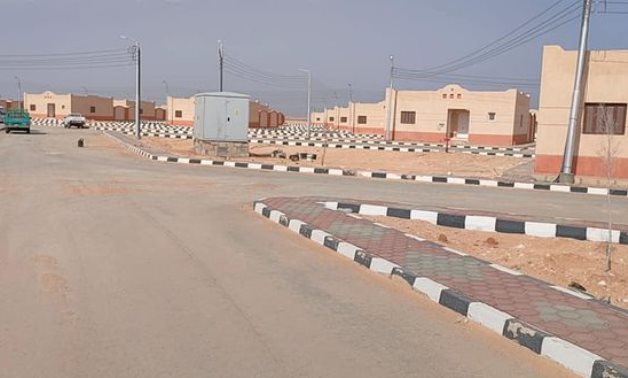Come over to Sinai. Such is the government’s invitation. By attracting residents to the peninsula, national security can be consolidated, allowing for development without headaches.
Since 2014, LE600 billion has been spent to develop the region, which Rashad Abdo, director of the Egyptian Forum for Economic and Strategic Studies, described to The Egyptian Gazette as “a step in the right direction”.
“The investment will turn the peninsula from a breeding ground for terrorism into a zone of prosperity, attracting more residents and investors,” Abdo said.
“All this is due to the success of the armed forces to impose security and rid the area of terrorist organisations,” Abdo added.
The government has already completed several mega-projects in Sinai in record time, such as the networks of roads and tunnels passing beneath the Suez Canal, linking different parts of the peninsula with the Delta, Nile Valley and other parts of the country, Abdo said.
Water desalination and renewable energy plants mean more economic activities in industry, tourism and agriculture, in addition to new schools, hospitals and other facilities for a better life for Sinai residents, he added.
North Sinai Governor Mohammed Abdel Fadeel Shosha recently told local media that entire new cities, including New Rafah, have sprung up thanks of efforts to eliminate random urban development, which was formerly conducive to spreading anarchy on both sides of the border between Egypt and Gaza and in other towns in North Sinai such as Beir Al-Abd, Sheikh Zuweid and el-Arish.
“The planning of the new cities took into account the requirements and culture of the inhabitants of Sinai. In addition to multi-storey apartment buildings, there are separate one-storey homes in Bedouin style,” he said.
According to Shosha, 2,608 apartments have been built as part of the governorate’s social housing plan.
In New Rafah alone, which is nearly 5 kilometers from the border with the Palestinian Gaza Strip, 626 newly constructed apartment blocks contain 10,000 flats which will become available and the governorate has reserved additional plots of land for young people.
Covering almost 535 acres, New Rafah City will have schools, markets, a police station, a fire department and sports centres.
Among the infrastructure development projects mentioned by the governor are four potable water plants constructed in el-Arish in collaboration with USAID.
They include the Risa water plant at the entrance to el-Arish. In addition, the governorate has built a large plant in central Sinai and one in Sheikh Zuweid.






Discussion about this post